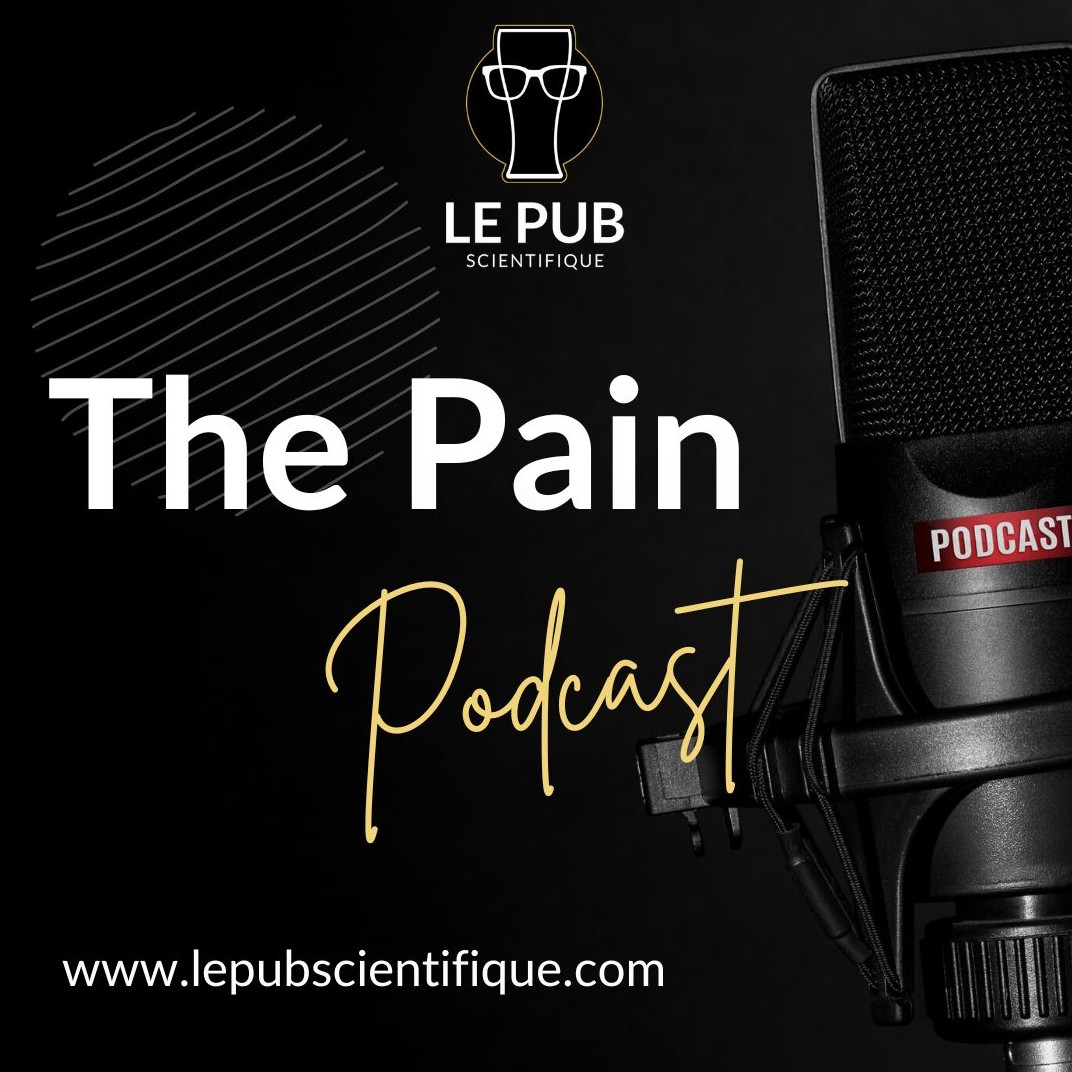Episode 37 - Dr Jane Chalmers - Pelvic Pain
Dr. Jane Chalmers, a leading expert in pelvic pain, shares her expert knowledge about the multifaceted aspects of pelvic pain, exploring its societal impact, the stigma surrounding it, and the promising research directions that offer hope for those affected by this challenging condition.
Episode Highlights:
1. Understanding Pelvic Pain: Dr. Chalmers takes us on a journey to comprehend the complexities of pelvic pain, shedding light on its diverse causes and manifestations. Gain valuable insights into the wide-ranging challenges faced by individuals dealing with pelvic pain.
2. Societal Implications: We explore the broader societal problem of pelvic pain, examining its often-overlooked consequences on individuals, relationships, and society as a whole. Learn how addressing pelvic pain goes beyond the individual, impacting the community at large.
3. Breaking the Stigma: Dr. Chalmers discusses the pervasive stigma surrounding pelvic pain and how it can hinder proper diagnosis, treatment, and support. Discover strategies for breaking down these barriers and promoting understanding and empathy.
4. Research Advancements: Dive into the exciting world of pelvic pain research with Dr. Chalmers. Explore the latest developments and innovative approaches that hold promise for improving the lives of those affected by pelvic pain.
5. Hope for the Future: This episode offers hope and inspiration to individuals dealing with pelvic pain, as well as their healthcare providers and loved ones. Discover how increased awareness, research initiatives, and collaborative efforts are shaping a brighter future for pelvic pain management and care.
Don't miss this eye-opening conversation with Dr. Jane Chalmers as we strive to raise awareness, challenge stigma, and pave the way for a more inclusive and supportive world for those affected by pelvic pain. Tune in to the "Le Pub Pain Podcast" and join the movement to transform the landscape of pelvic pain understanding and treatment.
About Jane
Dr Jane Chalmers (PhD, B.Physio) is a Senior Lecturer in Pain Sciences at the University of South Australia. She is the leader of the pelvic pain theme under the Innovation, Implementation And Clinical Translation in Health (IIMPACT) research concentration at the University of South Australia.
Her research focuses on understanding pelvic pain in both women and men. Her work ranges from basic science through to implementation research and she is particularly interested in the role of pain education and other physiotherapy interventions in recovery from pelvic pain.
Jane has a passion for science dissemination, regularly writing pieces for The Conversation, giving media interviews, and presenting at conferences on the topics of pelvic pain and women's health.
Jane has supervised several Honours, Masters, and PhD students to completion, and is always looking for more HDR students.

29m








